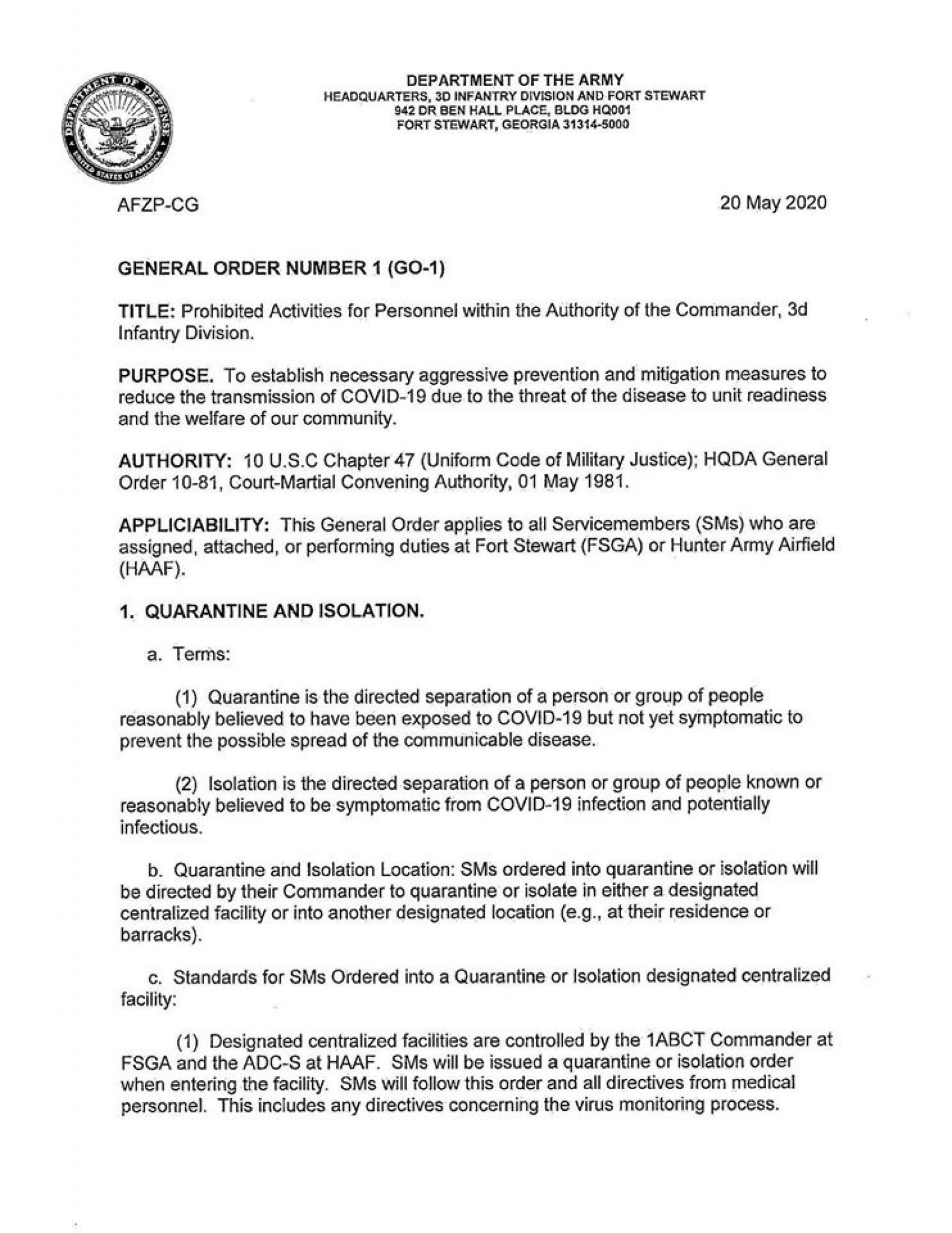

Let your superiors make the judgment calls your job is to report what happens on or near your post. And even though the climber may have just been seeking a shortcut back to her or his ship, you cannot be certain that there is not something more sinister involved. In this case, even though it appears that the threat to security is over, there is no way for you to know whether this violator is the only one involved.

If, for example, someone is climbing a fence near your post, you must report it, even if the offender stops climbing and runs away after your challenge. To report all violations of orders I am instructed to enforce. If you see or hear anything unusual, investigate it. Do not be tempted to hide from the rain or cold in poor weather. Be vigilant by looking around at all times. "Keep your eyes peeled", as the expression goes. To walk my post in a military manner, keeping always on the alert and observing everything that takes place within sight or hearing. You must also treat all government property that you can see as though it were your own, even if it is not technically part of your assigned post. This information will be conveyed to you among your special orders. It is also your responsibility to know the limits of your post. Situations such as this will not often, if ever, occur, but it is important that you understand the principles involved. The petty officer of the watch (or whoever is your immediate superior) may modify your orders to allow the admiral to enter, but without that authorization you must keep the admiral out. For example, if your orders are to allow no one to enter a fenced-in compound, you must prevent everyone from entering, even if an admiral tells you it is all right for him or her to enter. The only way that you may be exempted from carrying out your orders is if your orders are changed by your superior. When you are a sentry, you are "in charge." This means that no one-no matter what their rank or position-may overrule your authority in carrying out your orders. To take charge of this post and all government property in view. The General Orders for Navy and Marines are as follows:ġ.

The Navy Junior Reserve Officers' Training Corps (NJROTC), Naval Reserve Officer Training Corps (NROTC.) also use the following General Orders to the Sentry. The General Orders for Sentries are quite similar between the Navy and Marine Corps, the main differences being the titles of positions referenced in the orders.


 0 kommentar(er)
0 kommentar(er)
